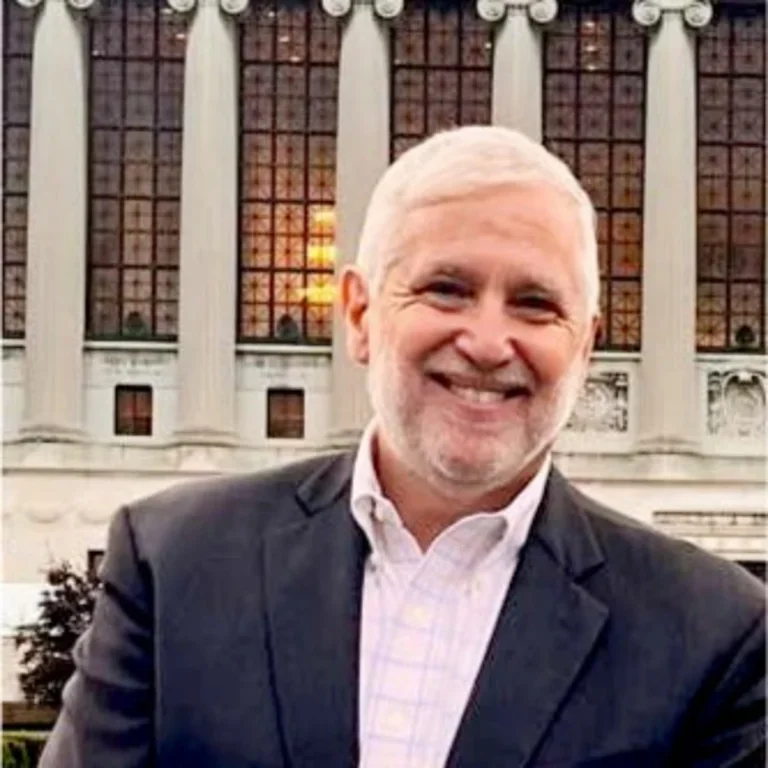Q&A: Thirty-year HCM vet Paula Dry on how performance management is changing for the future of work.
Paula Dry, a managing director in the human capital, transformation, and cloud technology practice at Deloitte, has nearly 30 years of experience in human capital management (HCM) and consulting—including 13 at Deloitte, in addition to having worked at Accenture, Satori Consulting, and a few start-ups. She specializes in talent, learning, HR infrastructure implementation, and internal consulting. Dry delivered a guest lecture to the Integrated Talent Management Strategies class taught by Steve Safier, Program Director of Columbia’s M.S. in HCM, about new directions in performance management. Edited excerpts follow.
What challenges did you find along the way in evolving performance management?
When I first started consulting in the ’90s, I came into it in a mid-level manager position at an electronics company, and a lot of what we were doing involved manufacturing. Performance management was about documenting things so that you could either dock workers’ pay or counsel them out. It was more of a stick than a carrot, and the focus was on human resources, not human capital; human capital wasn’t even thought of then. As I worked in more general management-type roles, I started to see that coaching and mentorship have important roles to play in this process.
What is your current perspective on performance management, including rating categories and rating systems?
At Deloitte, we call our process Reinventing Performance Management (RPM). We have a deep coaching and collaborative culture, which is why people want to work for us and why they stay, and we wanted our processes to reflect and enhance this while reducing administrative time.
We used to ask managers to write performance reviews after every project. These reviews might be 20 pages long, and you could have to write them for multiple projects. In fact, our people were getting real-time feedback, but our processes couldn’t support the rich feedback that they were getting. We also found that we were spending too much time on ratings without a sufficient return. We also found that in consensus (calibration) meetings, which by the way took a full day per cohort, we were “gaming the system” to produce the ratings, compensation, and promotion decisions we wanted, which ultimately disadvantaged the coaching and development we wanted to achieve.
Tell us more about Deloitte’s new performance review process.
We wanted to develop a performance management system that could fit everyone in every role. First, while we have multiple competency models for different roles, we decided to focus on impact and outcomes, which I think is a more humanistic way to look at things, because it’s not so much about did you do the dance right as you found your path to get there. We have also connected our performance assessment process to coaching, of course, but to our role descriptions and career paths, too, so that managers and team members have a holistic way of thinking about performance and development.
After several iterations, we’ve moved away from rating systems, which don’t provide enough differentiation. We begin with “goaling” (discussing and setting expectations) and collect feedback in a 360-degree process through a five-question online “snapshot” questionnaire. For example, “If this were your work, would you want this person working on your project?” While the snapshot tool was originally met with some resistance, with people questioning whether it would provide enough performance-related information, it is now well received, because it helps us turn back to our focus on coaching and development.
We also have a very important role, that of “coach,” which involves a great deal of training. The coach collects performance-related information and serves as advocate and developmental coach throughout the year and when writing reviews. Coaches also make sure that managers meet with their team members and give them feedback. We still spend a lot of time coaching our people but with less time spent on processes that don’t add value.
How will the future of work impact performance management?
We can think about work differently beyond role and structure. COVID has shown us that people can live and work anywhere. In contrast to what we used to think of as “management by walking-around observation,” we can disaggregate the worker, work, and workplace. In fact, we have to flex.
Can you share any career advice for students?
You can’t go wrong focusing on systems. Leverage technology to be more innovative, and update systems, processes, and people practices that are decades old. You see differently and will already be able to call it out.
And follow your passion. Love the work that you’re doing!
The Columbia University M.S. in Human Capital Management program prepares graduates to be world-class HCM strategists able to address changing needs in building and motivating talented, engaged workforces in the private, public, academic, and not-for-profit sectors. The program is available part-time, full-time, on-campus, and online.
Fall 2023 application deadlines for the M.S. in Human Capital Management program are March 15 for applicants with international documents and June 15 for the final deadline. Learn more here.
